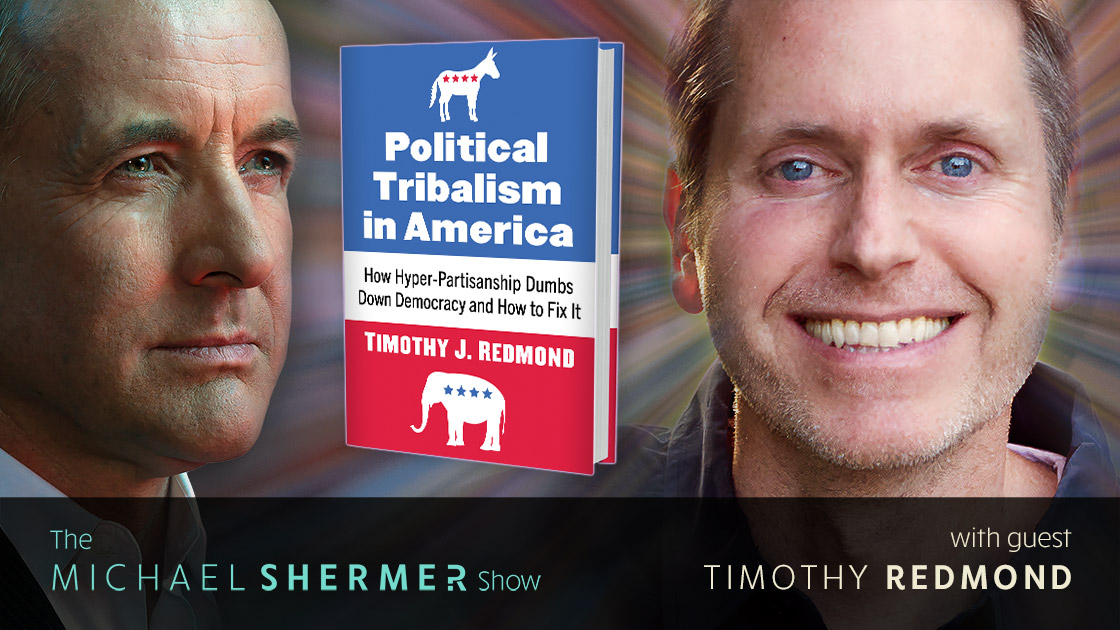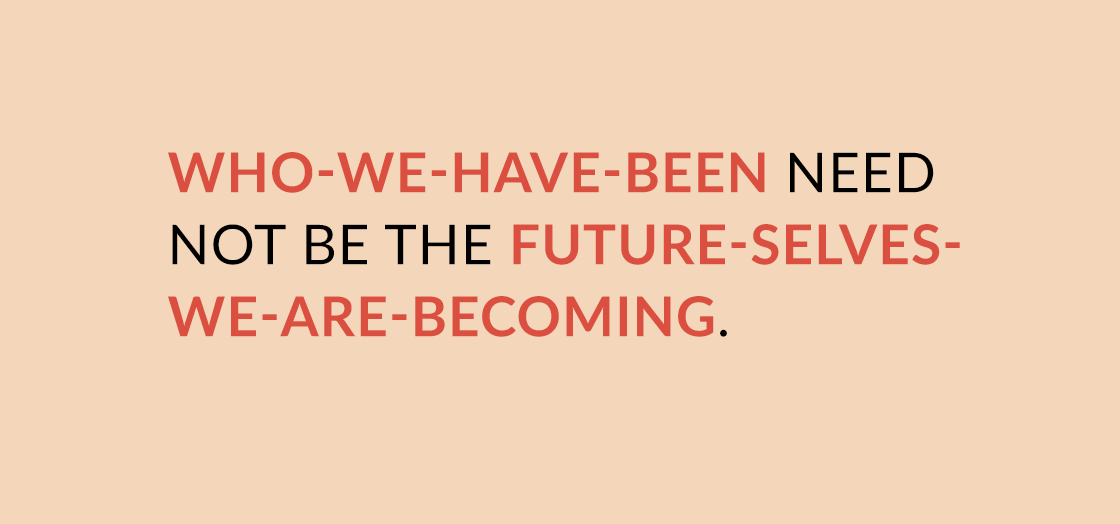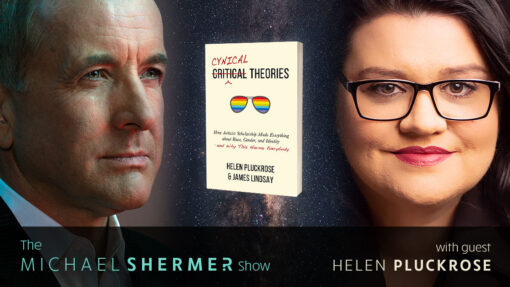cognitive biases

In this thought-provoking piece, three behavioral scientists argue that the field has strayed from fundamental scientific principles in its pursuit of Diversity, Equity, and Inclusion (DEI) goals. They contend that an overreliance on “lived experience,” poor measurement practices, and confusion between correlation and causation have led to flawed research and misguided policies. The authors offer a critical examination of popular DEI concepts and suggest ways to get behavioral science back on track with rigorous, objective methods.

In this episode, we explore conspiracy theories about the July 13 assassination attempt on President Donald Trump. Despite evidence suggesting shooter Thomas Matthew Crooks acted alone, theories implicate the Secret Service, foreign governments, and political groups. We examine cognitive and emotional factors driving these beliefs and emphasize applying the Conspiracism Principle: never attribute to malice what can be explained by randomness or incompetence.

After her wrongful conviction for murder in 2007, Amanda Knox was haunted by one question: why? Why did this happen? How could the pursuit of justice have gone so far off course? Corruption and evil were not satisfactory answers for her. Instead, she found understanding through the study of motivated reasoning and cognitive bias, which led her see how well-intentioned people could have arrived at such false conclusions, and how she herself could become a better thinker.

Shermer and Redmond discuss: why we have political duopoly (Duverger’s law) • parties vs. policies • Are we living in a post-truth, fake-news, alternative facts world? • How do we know political polarization is worse now than in the past? • acquiring, perceiving, and evaluating political information • evaluating: false political information, political numbers and arguments, claims of rigged election • whataboutism • cognitive responsibilities of citizenship • cognitive biases • political polarization • myside bias • numeracy vs. innumeracy…

Amanda Knox spent four years in an Italian prison for a crime she did not commit. In the fall of 2007, the 20-year-old college coed left Seattle to study abroad in Italy, but her life was shattered when her roommate was murdered in their apartment. After a controversial trial, Amanda was convicted and imprisoned.
While many essays have addressed the social events and psychological traits that drive polarized thinking, the neural underpinnings of uncertainty and polarization are largely unknown. We know the brain processes information and makes decisions, but we know little about how politically polarized information is encoded, and even less about how attitudes about uncertainty influence that processing. Why is it important? In this article Natasha Mott explains that uncertainty may be seen as a threat, which moves individuals toward certain positions…

As Skeptic Publisher Michael Shermer wrote in his Introduction to Skeptic magazine’s special issue on Race Matters (27.3), the issues outlined in this article documenting the continuation of systemically racist social structures—even as racist attitudes have improved dramatically over the past half century—mean that race still matters very much in the USA. It is thus incumbent on all of us to properly understand the causes of these issues so that we may implement a rational and science-based response to them.

Human perception and memory are notoriously inaccurate. Preconceptions and biases shape both our perceptions of events and how we recall them later. Mick West considers how to think about eyewitness testimony so that it does not become emotional and swiftly evolve into an overly polarized argument.

In episode 212, Michael Shermer speaks with Gale Sinatra and Barbara Hofer about the key psychological explanations for science denial and doubt that can help provide a means for improving scientific literacy and understanding — critically important at a time when denial has become deadly.
In episode 212, Michael Shermer speaks with Gale Sinatra and Barbara Hofer about the key psychological explanations for science denial and doubt that can help provide a means for improving scientific literacy and understanding — critically important at a time when denial has become deadly.
In episode 189, Michael speaks with Nobel Prize winning psychologist and economist Daniel Kahneman about the detrimental effects of noise and what we can do to reduce both noise and bias, and make better decisions in: medicine, law, economic forecasting, forensic science, bail, child protection, strategy, performance reviews, and personnel selection. PLUS: We present a review by Dr. Harriet Hall of Abigail Shrier’s 2020 book Irreversible Damage: The Transgender Craze Seducing Our Daughters was originally published on Science-Based Medicine’s website…

In episode 189, Michael speaks with Nobel Prize winning psychologist and economist Daniel Kahneman about the detrimental effects of noise and what we can do to reduce both noise and bias, and make better decisions in: medicine, law, economic forecasting, forensic science, bail, child protection, strategy, performance reviews, and personnel selection.

In episode 163 of The Michael Shermer Show, Dr. Shermer speaks with Helen Pluckrose about her book (co-authored with James Lindsay) Cynical Theories: How Activist Scholarship Made Everything About Race, Gender, and Identity—and Why This Harms Everybody.
Skeptic Magazine 26.1: Cosmic Beginning is Available Now! Instantly Download the Digital Edition or Pre-order the Print Edition Today. PLUS: In episode 163 of The Michael Shermer Show, Dr. Shermer speaks with Helen Pluckrose about her book (co-authored with James Lindsay) Cynical Theories: How Activist Scholarship Made Everything About Race, Gender, and Identity — and Why This Harms Everybody.

Agenda-driven diversity and antiracism training programs are everywhere, but do they work in creating an inclusive culture? In our current climate of high racial tensions and deadlocked civil discourse, Dr. Mona Sue Weissmark asks “Is there a more effective way to break down these conversation barriers in order to answer some of the most difficult, polarizing questions that we face today?” PLUS, given the rising level of social and economic unrest seen in 2020, we announce a new study coming…

Agenda-driven diversity and antiracism training programs are everywhere, but do they work in creating an inclusive culture? In our current climate of high racial tensions and deadlocked civil discourse, Dr. Mona Sue Weissmark asks “Is there a more effective way to break down these conversation barriers in order to answer some of the most difficult, polarizing questions that we face today?”



















